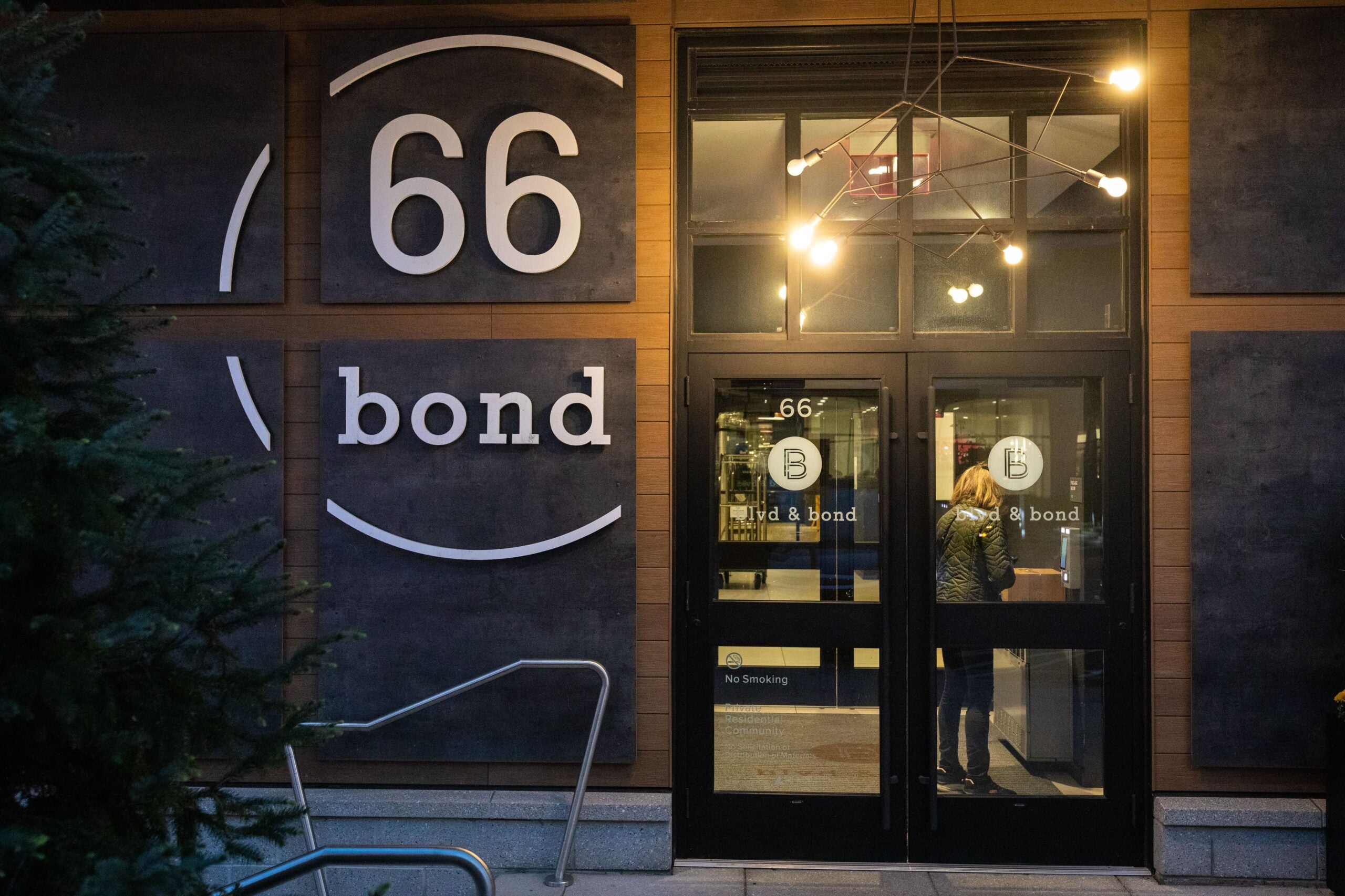Here's why the alleged brothel clients' attorneys say their hearings should be kept private
- Select a language for the TTS:
- UK English Female
- UK English Male
- US English Female
- US English Male
- Australian Female
- Australian Male
- Language selected: (auto detect) - EN

Play all audios:

Crime “ALLOWING THE MEDIA TO ATTEND THESE PROCEEDINGS WILL UNDERMINE THEIR INTEGRITY AND USURP THEIR PURPOSE, TURNING A HEARING INTO A SEARING CAULDRON OF PAIN — FROM WHICH ANY SANE PERSON
WOULD BE DESPERATE TO ESCAPE.” Lawyers for the alleged clients of a Greater Boston brothel network are pushing back on a clerk-magistrate’s decision to open their initial hearings to the
public, with a lawyer for one of the John Does arguing that the accused should not be made to “run a gauntlet of voracious gossipers, media personnel, and onlookers.” Officials are seeking
criminal charges against 28 people who allegedly bought sex from a “high-end” brothel ring at the center of a federal investigation. None of the alleged clients have been publicly
identified. In court filings earlier this week, attorneys for some of the accused argued that Cambridge District Court Clerk-Magistrate Sharon Shelfer Casey did not consider each
individual’s unique circumstances when she granted public access to their “show-cause” hearings. Last week, a single justice of the Supreme Judicial Court delayed those initial hearings,
which are typically held behind closed doors to determine whether there is enough evidence to move forward with prosecution. Advertisement: Arguing that there is “no legitimate public
interest” in the case, attorneys for 13 of the John Does asserted that “the accused are entitled to privacy at this early stage in the proceedings, and public hearings should remain the
exception rather than the rule.” Casey’s decision, they argued, will “turn ordinarily confidential show cause hearings into public ‘walks of shame’ and humiliation before there is even a
probable cause determination made as to each individual.” When federal authorities announced the arrests of the three alleged brothel operators in November, they said the commercial sex ring
catered to a “wealthy and well-connected clientele” that included politicians, business executives, military officers, and government contractors with security clearance. However, lawyers
for several of the alleged sex buyers pushed back on prosecutors’ description of an elite clientele. Advertisement: Attorney Kevin J. Mahoney, representing John Doe 15, wrote that his
client “does not hold a government position and is not employed in a prominent position,” yet he is “at risk for embarrassing collateral consequences if his hearing is open to the public and
media.” He said the clerk-magistrate issued her decision without allowing the accused to weigh in about the potential impacts to their careers, families, reputations, and professional
licenses. Mahoney further argued that opening the hearings to the public would force the accused to undergo a “perp walk” before cameras and journalists. “For the common man unaccustomed to
the glare of the lights and the pushiness of reporters shoving microphones in his face, this is nothing short of nightmarish,” Mahoney wrote. “Even those capable of withstanding the
cavalcade of scriveners plotting to ambush them will likely concede that the evidence meets the probable cause standard rather than suffer the embarrassment of having the prosecutor read
aloud from the police reports.” In short, he continued, “allowing the media to attend these proceedings will undermine their integrity and usurp their purpose, turning a hearing into a
searing cauldron of pain — from which any sane person would be desperate to escape.” WHAT ABOUT THE ALLEGED BROTHEL CLIENTS IN THE PUBLIC EYE? The public figures who allegedly visited the
brothels “traded anonymity for power and, therefore, knew full well that if they were caught frequenting a brothel they would be savaged by the press,” Mahoney argued. John Doe 15, he said,
made no such trade-off. Advertisement: In a separate motion, however, an attorney for two of the other alleged sex buyers cited his clients’ public personas as a reason to close the
hearings. John Does 16 and 17 are “individuals that are engaged in many varied professional and personal activities, endeavors, and duties,” Timothy R. Flaherty wrote. “Because of the public
nature of these activities, endeavors, and duties, their professional and personal lives would be severely and irreparably harmed by a public airing of mere accusations that are unsupported
by probable cause.” A high-profile occupation — including a career as an elected official — “does not create a legitimate public interest that outweighs the accused’s right of privacy,”
Flaherty argued. “Prurient interest,” he added, “is not a legitimate public interest.” Supreme Judicial Court Associate Justice Frank M. Gaziano gave Casey until Friday afternoon to answer
several questions about why the hearings should be open to the public. He specifically cited her conflicting orders to open the hearings but deny news outlets’ requests for the release of
criminal complaint applications. “The matter is therefore remanded to provide the clerk-magistrate an opportunity to articulate a basis for finding that public interest outweighed privacy
rights in one instance but not the other,” Gaziano wrote. ABBY PATKIN Staff Writer Abby Patkin is a general assignment news reporter whose work touches on public transit, crime, health, and
everything in between. She has been covering the Karen Read murder case. NEWSLETTER SIGNUP Stay up to date on all the latest news from Boston.com